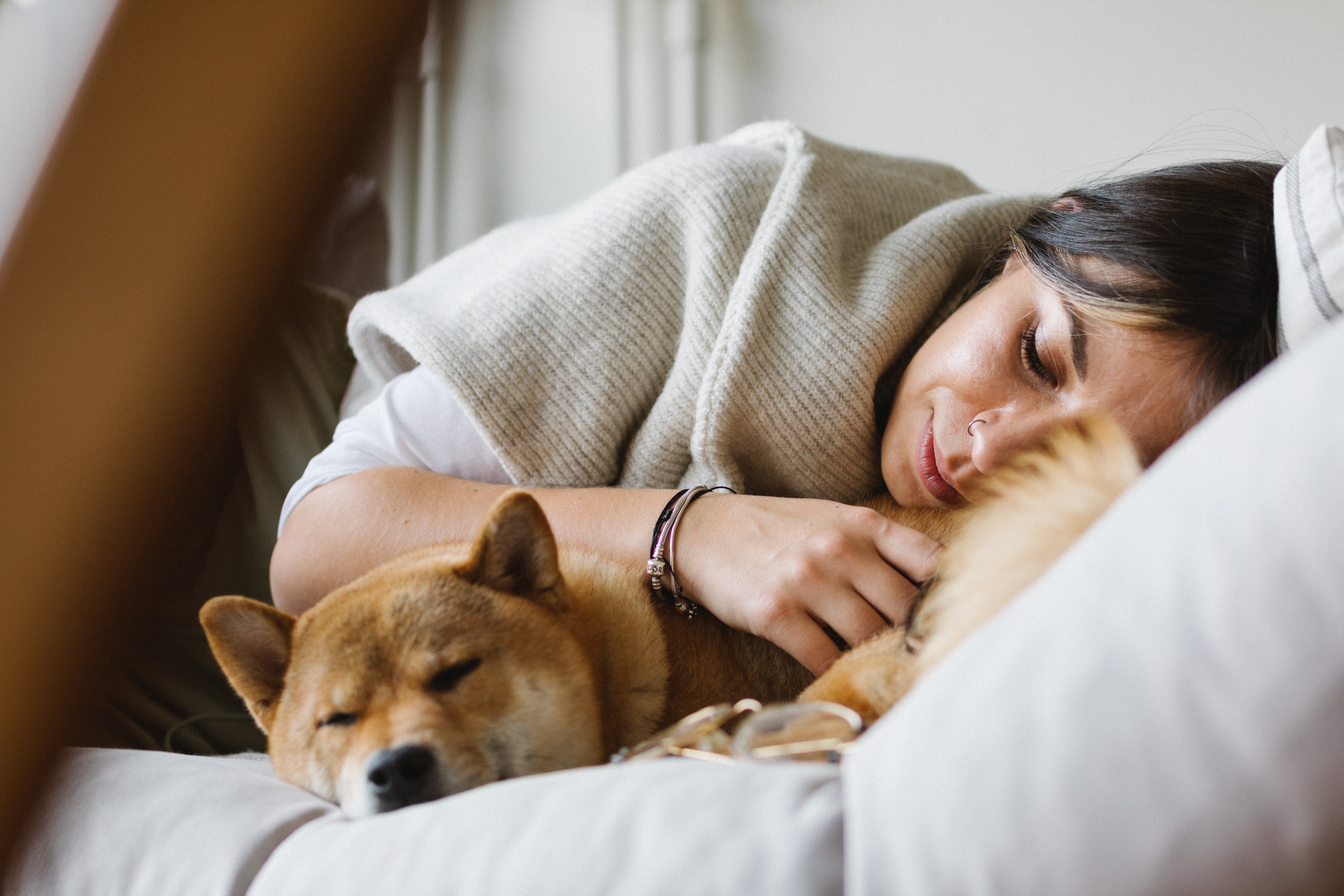
NASA astronauts take naps. Hospital staff, whose working shifts are constantly changing, take naps. Cops working on late-night cases take naps.
And who else takes naps? Circumnavigators. Airplane pilots. Passengers who suffer jet lags. Firefighters. Soldiers.
The list doesn’t end here. There are famous personalities too. Albert Einstein. Sir Winston Churchill. President John F Kennedy.
The underestimated benefits of napping sometimes get buried under the thoughts such as moving ahead in your career, searching for the next responsibility to complete, no matter if it is trivial. Then, there is the winner-loser mentality. Winners sleep less and keep moving, keep working. Resting is a sign of weakness and implies lack of endurance – a loser’s tale. It’s highly possible you could have heard many times from people around that five hours of sleep is enough. And some might also have the belief that a good night’s sleep is enough to get you through the day. So why even bother napping?
But take a moment to do some self-observation. If you would recap a little, back to the day of your weekend, you wouldn’t disagree that you actually felt refreshed after that nap following the lunch. Your mood had climbed high tenfold. You enjoyed that evening much better.
Now, let’s explore some more benefits of napping. Naps help in:
- Better Co-ordination
On the road, a driver performs multiple tasks such as shifting gears, pressing the accelerator, etc. A sleep-drowsy driver loses his co-ordination and is more prone to accidents. In addition, with less sleep, the senses are not able to retrieve important on-road information.
Lack of sleep had even led to airplane and cruise ship mishaps in the past, for the pilots and captains have even more complex tasks to handle.
Dancers who ought to move gracefully, instrumentalists who need to play chords perfectly, fencers who require superfast agility, all require their body coordination at their very best.
Where sleep is little, naps should be taken, because a tired mind and body do not help anyone.
- Decision making
The brain loses its ability to control when it does not have enough rest. The decisions made and actions performed are hasty. The ability to think beyond the first thing that comes to your mind is lost.
And you know it very well that – hasty decisions – are bad decisions.
So whenever you had a bad sleep last night and things aren’t going well for you, nap.
- Staying alert
Whether it’s attending a social gathering, giving a speech in front of an audience, or attending important meetings, a brain after a nap works like a sharpened tool. You become more aware of what’s going around in your surrounding.
- Creativity
During those closed-eyes moments, many arts were born in the minds of composers, singers, painters, and even writers.
Scientific discoveries were made, music was bred, pictures were painted, and even dialogues were written.
- Alleviating stress
During naps, the body releases stress-reducing hormones. Patients with headaches, migraines, ulcers are always prescribed napping.
Now, considering all the benefits stated above, should a good night’s sleep be replaced by a nap?
The answer is a loud no. Nocturnal sleeps and naps are different. The body temperature reaches its lowest peak during nocturnal sleep while the naps occur at the highest body temperature.
People who have tried to spend their days just on naps have eventually fallen sick.
How long a nap should be?
A twenty minutes nap restores alertness. Extending it to forty-five minutes will also restore the muscle tissues. And extending it to one and half hours will help inspire the creativity within you.
Extend it more to three hours, and it is no longer considered as a nap. It is classified as a sleep.
And what are the timings for nap?
Ideally, naps should be taken between 1:00 PM and 3:00 PM.
But it’s not possible for all. Some people really do have to sacrifice their sleep. If you are going through irregular sleep cycles, please contact your physician immediately.
The studies conducted in napping are at their initial stages. With more researches conducted on sleep patterns, many more discoveries are underway.
Until then, keep napping.


